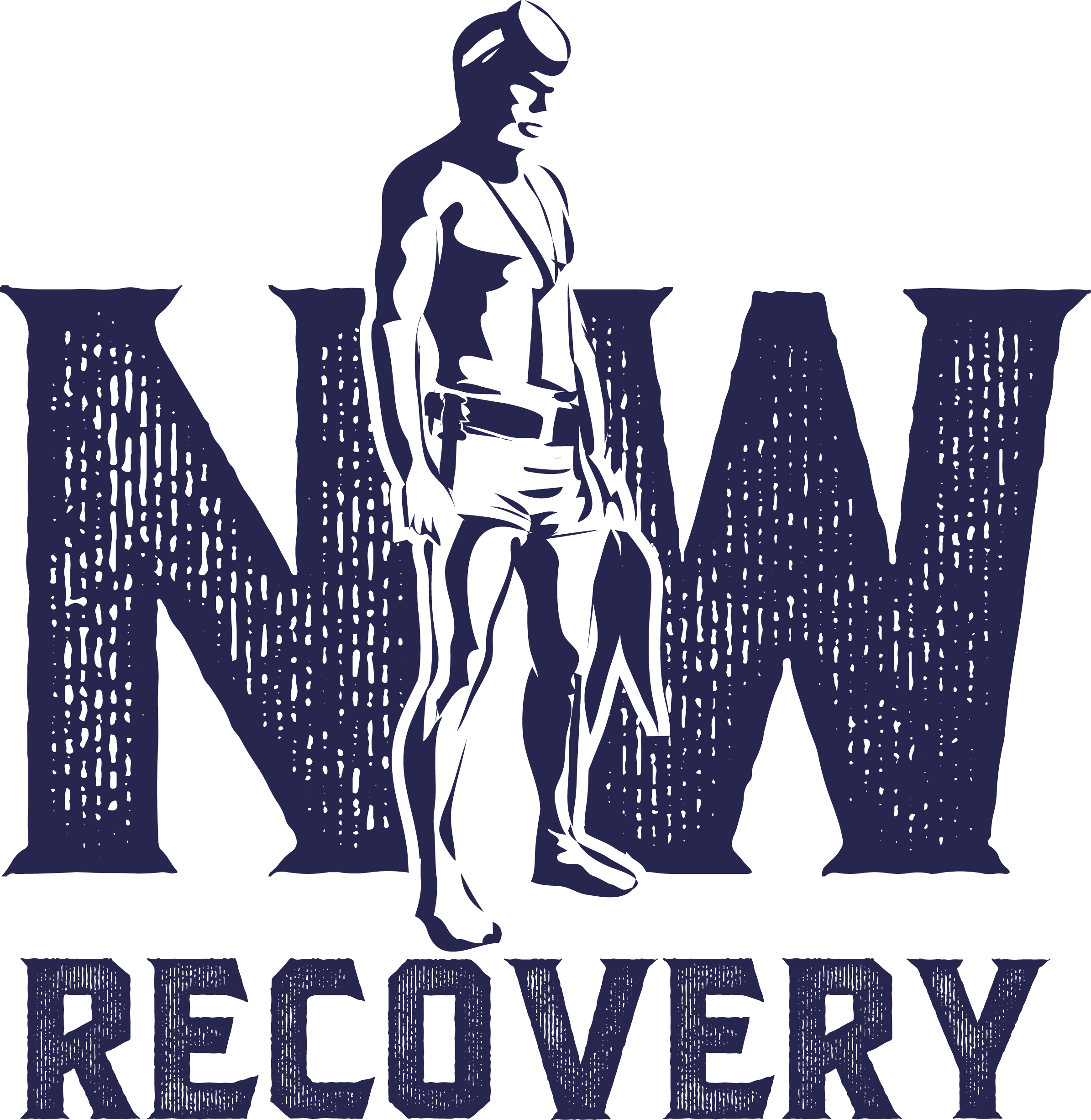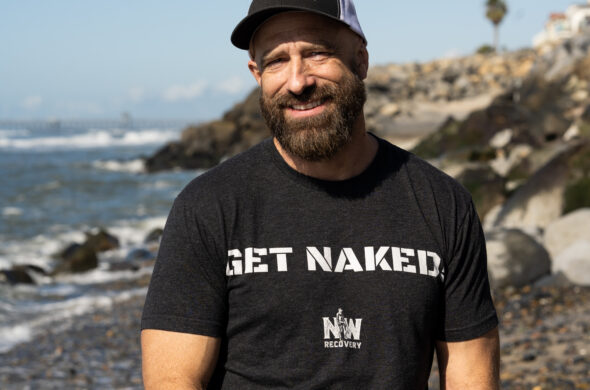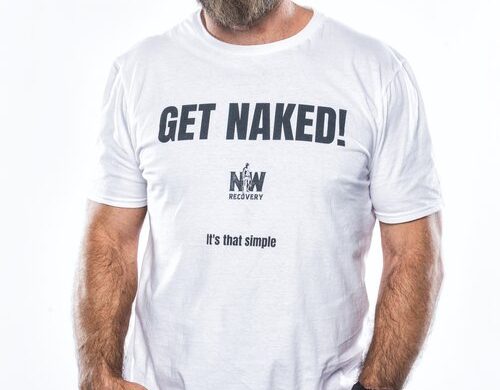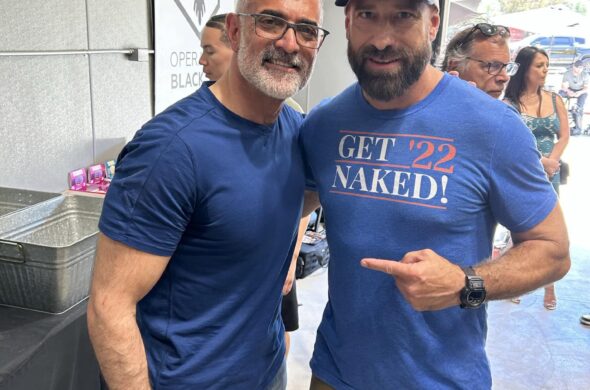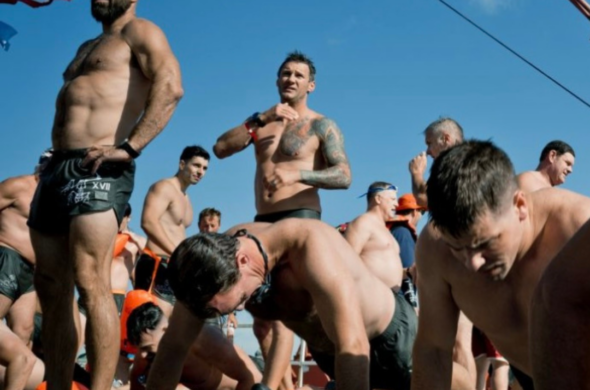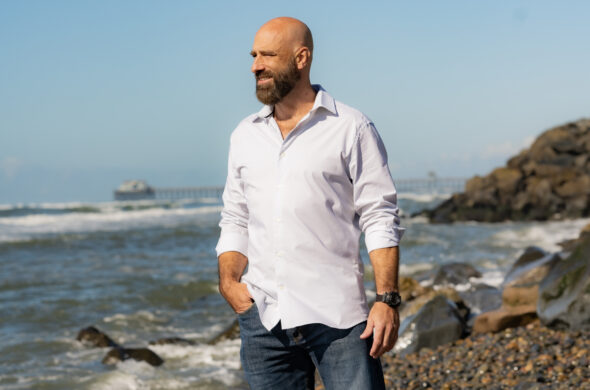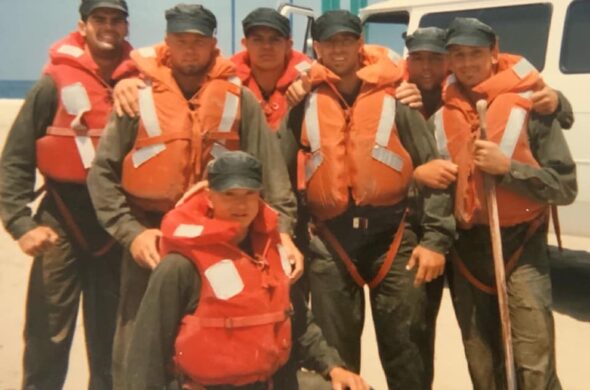Stepping Stones of Success: Embracing Incremental Progress
Last week while I was traveling, I was reminded of a principle that has guided me through some of the most challenging missions and transitions: the power of starting small and gradually progressing towards greatness.
Transitioning from the disciplined world of the Navy SEALs to the dynamic realm of civilian life was a transformative experience and I believe my most difficult mission ever. When I retired from active duty, I didn’t immediately plunge into the depths of new endeavors. Instead, I approached each new venture with a deliberate and calculated mindset, much like we approached our missions (and in the beginning there were times I had no idea what I was doing).
One of the most striking parallels I found was in my fitness regimen. After leaving the military, I refocused my training efforts towards achieving new goals. I’ve always been relatively athletic, and despite knowing my physical capabilities, I didn’t rush to lift the heaviest weights or set new personal records. Instead, I started with manageable resistance, ensuring proper form and technique before gradually increasing the load. It was a process of patience, persistence, and incremental progress.
This same philosophy applies to the world of business. Just as we meticulously planned and executed missions, it’s crucial to approach entrepreneurship with a strategic mindset. Begin by mastering the fundamentals—understand your market, refine your skills, and establish a solid foundation for growth. Like constructing a building, every successful business is built upon a sturdy base.
Setting realistic and achievable goals is key. Start with small milestones and celebrate each accomplishment along the way. Remember, Rome wasn’t built in a day, and neither is a successful business. It’s about the journey—the lessons learned, the challenges overcome, and the growth achieved.
In the fast-paced world of business, it’s easy to succumb to the pressure to grow rapidly. However, rushing into expansion without a solid foundation can lead to setbacks and missed opportunities. By embracing the path of incremental progress, we lay the groundwork for sustainable success.
So my advice to you is approach each day with a commitment to continuous improvement. Take small, purposeful steps towards your goals, knowing that each stride brings you closer to your vision of success and achieve greatness.
Stay focused, stay determined, and above all, stay resilient.
